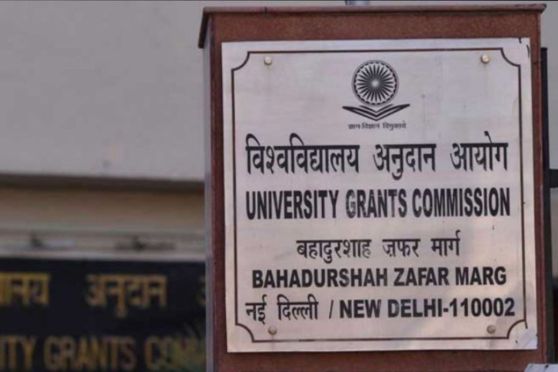The University Grants Commission (UGC) is reportedly considering slashing the minimum land requirement for setting up new universities in India. While this move aims to make higher education more accessible and encourage the establishment of more institutions, it has sparked concerns among academics and educationists. Many fear that reducing land requirements could lead to increased privatisation, potentially compromising the quality and affordability of education.
What is the UGC’s Proposal?
Currently, universities in India must meet specific land criteria to be recognized by the UGC. These requirements vary by region:
- Metro Cities: 5 acres
- Non-Metro Cities: 10 acres
- Rural Areas: 25 acres
The UGC is now considering reducing these requirements to facilitate the establishment of new universities, particularly in urban areas where land availability is limited and expensive. This change is being seen as a way to attract private players and investment into the education sector.
Why is This Move Being Criticized?
While the UGC argues that reducing land requirements will encourage more universities and expand access to education, many experts believe that this could lead to:
-
Rapid Privatisation of Higher Education – Lower land requirements may make it easier for private entities to set up universities without necessarily investing in proper infrastructure, labs, libraries, and student facilities. Critics worry that profit-driven institutions may prioritize revenue over quality education.
-
Lack of Proper Campus Infrastructure – Traditional universities emphasize large campuses with research centers, libraries, student hostels, and recreational spaces. Reducing land requirements may result in cramped, inadequate institutions that fail to provide holistic education.
-
Increased Commercialisation and Expensive Tuition – Private universities often charge high fees, making quality education unaffordable for a large section of students. Academics fear that more private universities with lower entry barriers will make education a commercial enterprise rather than a public good.
-
Compromised Research and Academic Standards – Universities with limited land may lack the space required for research labs, seminar halls, and collaborative learning spaces. This could negatively impact India’s academic research output and international reputation.
The Privatization Debate in Indian Higher Education
Over the years, India has seen a significant rise in private universities and deemed institutions. While they have played a role in expanding education, they have also raised concerns about accessibility, affordability, and quality. The UGC’s potential decision to lower land requirements could accelerate this trend, making private universities more dominant while traditional public universities struggle with funding and resources.
Possible Middle Ground
To balance expansion with quality, experts suggest that:
- Infrastructure Guidelines Should Be Strengthened – Instead of just reducing land requirements, the UGC should mandate minimum infrastructure standards such as classrooms, libraries, labs, and research centers.
- Public Universities Should Receive More Funding – The government should invest in existing public universities to ensure they remain competitive and accessible.
- Regulatory Oversight Must Be Strengthened – The UGC should implement stricter monitoring to prevent private universities from compromising on education quality for profit.
Sponsored
FACTS Transcripts
Apply for a University document anywhere
https://www.factstranscript.com
Quick Transcripts for popular Universities, check your University name now and get started. We help you to get your transcript application online which is accepted for use of IRCC.
No DD, NO Paperwork. 100% Authentic, Reliable.
FACTS Transcripts Charges · Reviews · Assam Universities · Home · Know your University










